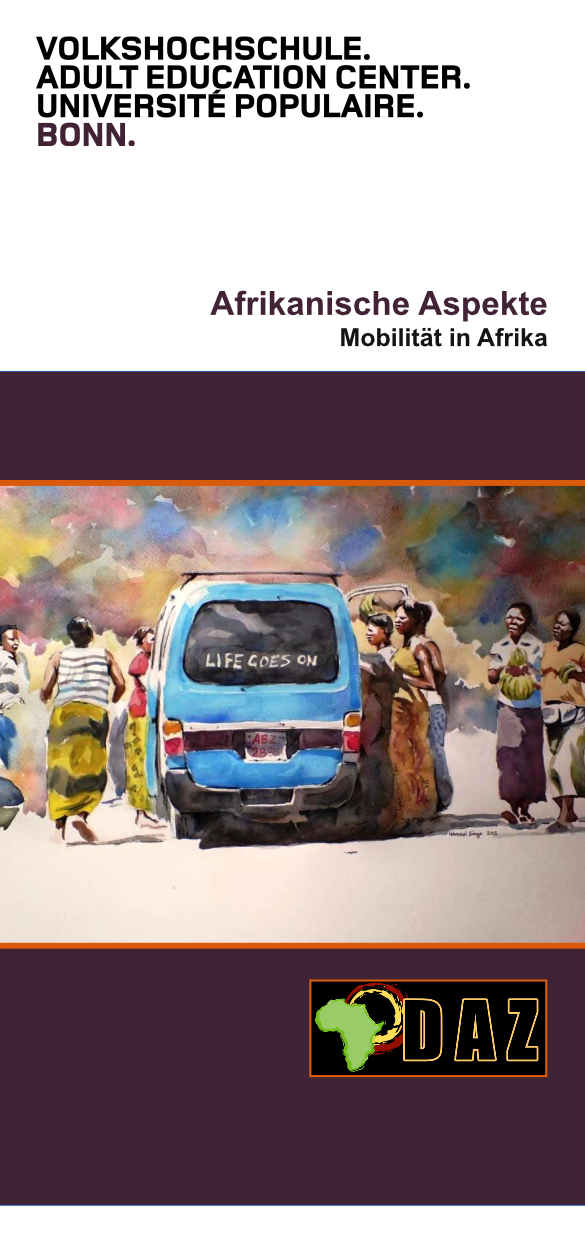Building Bonn on Books and Bytes

Within the last two decades, Bonn has grown into Germany’s United Nations city and a centre where the global challenges of the future – such as climate change, digitalisation and sustainable development – are addressed. Lifelong learning in this regard is crucial to empower people to unlock their potential to create a sustainable future. The city has now joined UNESCO’s Global Network of Learning Cities in order to support learning opportunities for all.
Situated in the heart of Europe, Bonn is home to people from almost 180 nations. It has evolved from Germany’s former capital into Germany’s United Nations City, home of many international and internationally operating organisations, a centre of science and research, and a dense network of national and international learning institutions.
Towards a sustainable and participatory city
Bonn’s Learning City vision is based on a sustainability strategy that provides the framework for municipal action until 2030 and transfers the SDGs to six municipal fields of action: mobility, climate & energy, natural resources & environment, labour & business, social participation & gender and global responsibility & one world. The strategy’s implementation requires participation and empowerment of people and institutional actors by providing them with a broad array of learning opportunities. Bonn will use education as a key to unlock the potential of people and institutions to provide solutions for a sustainable city.
The Learning Cities concept is geared towards networking and expanding existing formal and, above all, informal educational offers and institutions and to use digitalisation as a central tool. It relies on experiential learning through participatory processes. The concept expands diverse existing offers and forms of cooperation between municipal offices, formal and informal educational institutions – especially the Adult Education Centre (VHS) – research institutions, civil society, NGOs and the private sector. The VHS is further expanding its role in bringing together a wide range of knowledge providers and facilitators of citizen participation.
Lectures by VHS Bonn
For more than a decade, VHS Bonn has offered a series of lectures in semester programmes which are focused on topics closely linked to the SDGs, such as “Feed the World”, “Gender Equality”, “Urban Development”, “Water”, “Big Data & Digital Culture”, “Life on Land” etc.
The series of lectures are organised and held in close cooperation with a network of local, national, and international partners. Through the support of DVV international, VHS staff had the opportunity to intensify their international exchange on the SDGs within the Learning Cities Network.
For further information on the lectures, visit the VHS Bonn website (in German).
Opportunities and challenges from the Corona pandemic
The Corona pandemic boosted the idea of the expansion of digital learning opportunities. Therefore, the VHS will further develop its so-called digital academy, which offers lectures on societal aspects of digitalisation, like “The Darknet: Drugs, Weapons and Freedom of Speech”, “Journalism, Social Media and Fake News”, “Cyber Security in Distance Learning”, “Sustainable Digitalisation”, “Open Data in Practice”, “Mobility in a Smart City”.
Due to the pandemic, it is a challenge to build a network of the stakeholders necessary to reach the milestones described in Bonn’s Learning City plan. A “Day of Sustainability”, an initial networking event, cannot take place before autumn. Video conferencing will need to replace face-to-face communication in a crucial phase of the project. However, the city will do its best to contribute to the empowerment of its citizens.



